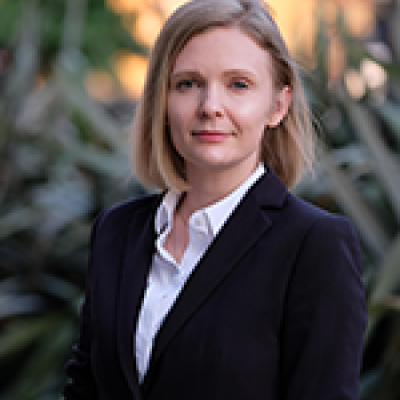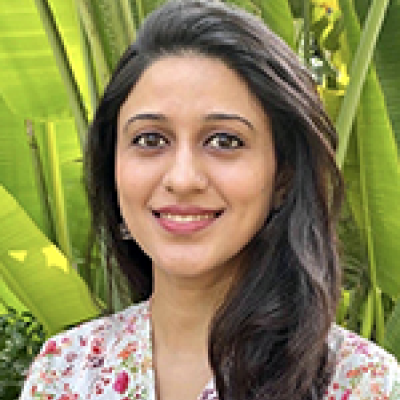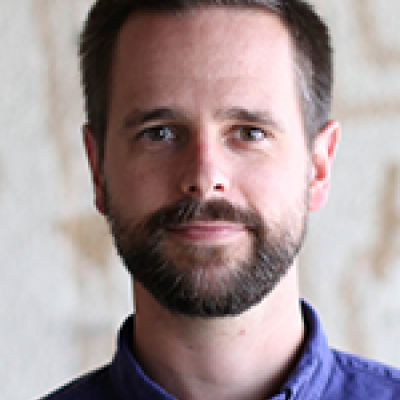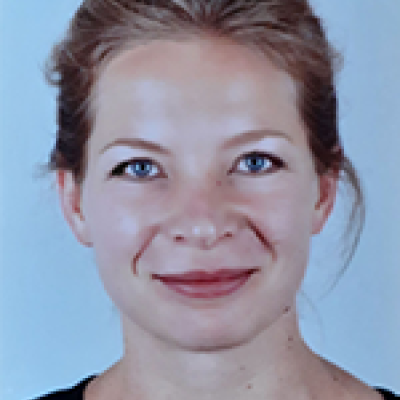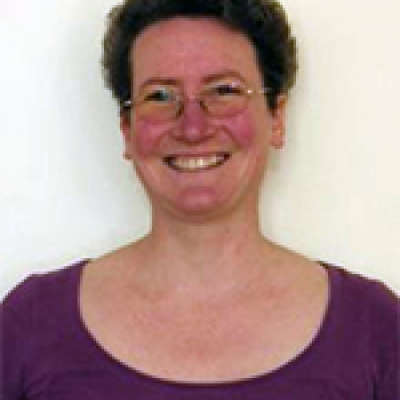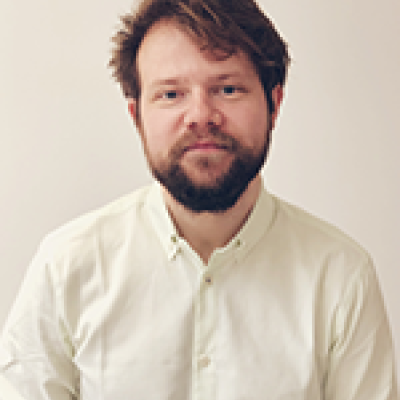Researchers in the Technological Life cluster are investigating how different forms of collective life are shaped by increasingly complex entanglements of geological, biological, and technological processes.
Members of the cluster explore how a range of nonhuman processes and things (e.g. plants, animals, data, microbes, floods, infrastructure, and stratospheric winds) participate in shaping forms of life that link the planetary with the bodily. In tracing these links, our research aims to produce novel insights into the natures of the lived environments in which urgent political and ethical issues are conditioned, contested, and governed. Central to our work is a concern with the problem of how different capacities for life and for living are facilitated and in some cases diminished by experiments with new knowledges, practices, and technologies.
Research in the cluster is animated by three lines of questioning.
| Environments: | How is the nature and matter of different environments imagined, experienced, and transformed through particular practices and technologies? What kinds of knowledges allow environments to be rendered political and governable as matters of public concern? Whose views, experiences, and ethics matter in the identification and resolution of environmental controversies? |
| Bodies: | How are the geographies of life extending across a range of different human and non-human bodies? How are human, animal, microbial, viral and plant lives viewed and valued by different political, scientific, social and cultural agents? How are new technologies transforming the capacities of bodies to affect and be affected by their environments, and with what consequences? |
| Mobilities: | What does it mean to live in a world organized around the movement of objects, bodies, ideas, and elements? What role do mobile infrastructures play in the transition to new forms of environmental awareness and ecological politics? How adequate are our knowledge practices to the task of understanding worlds in movement? |
The research cluster has active links with the Transport Studies Unit and the Oxford Internet Institute
The research cluster's core members are centrally involved in the design and delivery of the MSc in Nature, Society and Environmental Governance.




